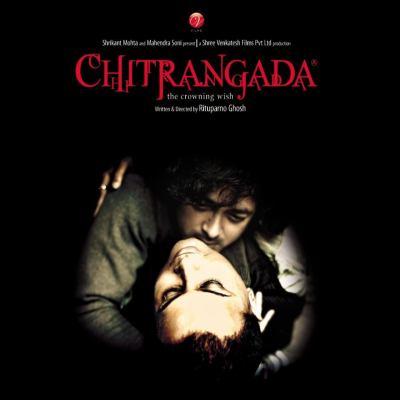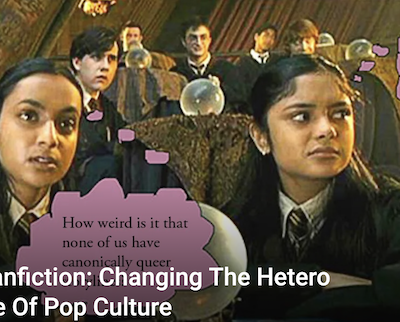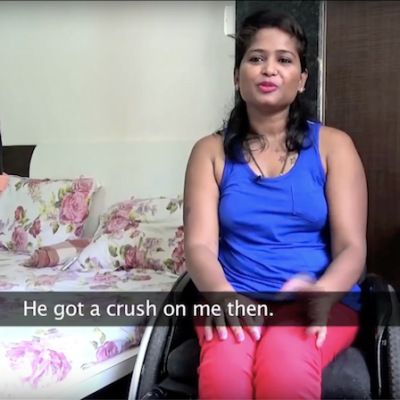Categories
This post was originally posted here. By A. Salman May 27, 2021 — “I really lack the imagining of a…
The lovers enact many recognizable hetero-normative romantic tropes – the wronged petulant woman pacified via kisses and caresses, the woman too tired for sex who then tries to placate the sulking male lover.
This article was originally published here. I read my first piece of fanfiction at the age of fifteen. It was…
Fanfiction was more than just writing your own stories about the characters or the setting of your favourite book or TV show; it was a questioning of the dominant mainstream pop culture narrative as a whole.
Could we imagine QAMRA as an archive that is alive, and interventionist, that is enabling the creation of a new space for dialogue while assiduously documenting the lives, work and interventions of existing and older histories?
Fouzia Azeem, more popularly known as Qandeel Baloch,was called Pakistan’s Kim Kardashian. Madiha Tahir, a journalist and filmmaker who is interviewed in the documentary,questions this comparison. To quote her: “She (Qandeel) is not Kim Kardashian at all. She is not famous for being rich. An upper-class woman would have her class protection and it’s unlikely that an upper-class woman would be supporting her family from these social media videos.”
In this video, Nisha and Chetan set the record straight about love, attraction, and disability. Nisha’s life changed after a spinal cord injury that led her to use a wheelchair. She thought romance was off the cards for her – until Chetan came into her life.
Generations come and go but the quest for love remains eternal. In the early 2000s, most of us millennials were…
Five students from Pune have drafted a law to protect ‘inter-caste and inter-religious marriages’ from crimes such as honour killings….
Sexting is ALL about consent. Consent to RECEIVE a sext, consent to portray yourself in one. Keep this in mind, because one of the reasons sexting receives such a bad rap is because of what might happen after – dissemination of intimate images and content WITHOUT CONSENT.
While sex workers face repeated harassment by the police, many young couples face threats in a one-off incident if the police finds them with their partner/lover. They may face police surveillance of expressions of intimacy and affection in public.
This is Part Two of a ‘public interview’ that TARSHI conducted last month, where our attempt was to collate people’s thoughts, notions, and experiences surrounding the choices they make, and the choices that are accessible to them, with regards to their sexuality.
For this March issue, we decided to interview many people, not just one, and over 350 people responded! Here are the results of a ‘public interview’ that took the form of a survey, and two polls with two questions each, on Facebook and Instagram.
Risk by itself is not a stigmatised subject, but sexuality is, and has been for generations. This has led to closeting, to shutting the door, on many necessary conversations about the risks to rights that millions of vulnerable individuals and many vulnerable communities live with, across the globe.














